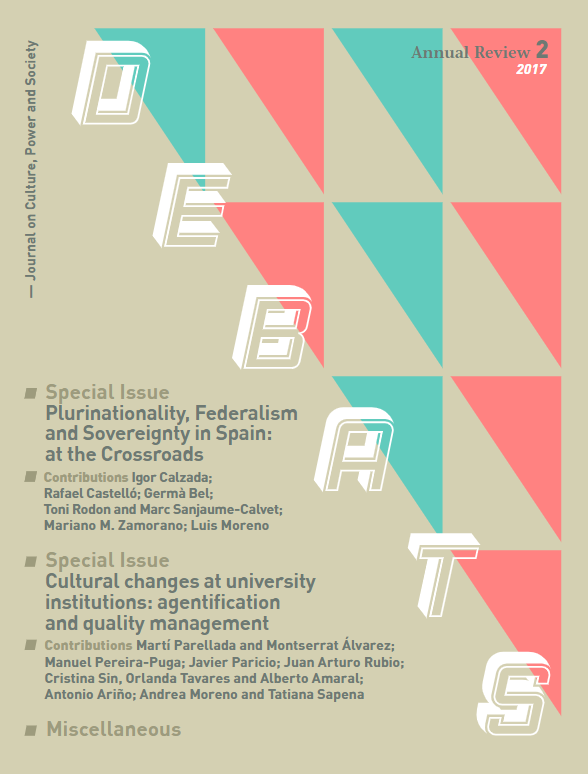Students as customers: a paradigm shift in higher education
Resumen
Increasingly, higher education students are being considered as customers or clients. But this new way of seeing students implies a substantial change in the traditional notion of the student. The idea of student–customers goes beyond the demand for proper attention tothe student: it is part of an entirely new paradigm in higher education, which also includes other factors, such as the idea of higher education as a competitive market, public reputation as an institutional priority associated with a greater capacity for attracting and satisfying students, study programmes conceived by the students as an important personal and economic investment, curricula designed with a clear professional development orientation, quality systems centred on the value of customer satisfaction, and a new way of understanding educational relationships between students and faculty. This paradigm is the everyday way of thinking in some countries, while in others, such as Spain, it is slowly breaking through only now. This paper analyses this paradigm via an extensive bibliographical review of
the research on the different factors that characterise it and its impact on the quality of the learning processes and the social function of universities.
Descargas
Descargas
Publicado
Cómo citar
Número
Sección
Licencia
Sin perjuicio de lo dispuesto en el artículo 52 de la Ley 22/1987 de 11 de noviembre de Propiedad Intelectual, BOE del 17 de noviembre de 1987, y conforme al mismo, los autores o autoras ceden a título gratuito sus derechos de edición, publicación, distribución y venta sobre el artículo, para que sea publicado en Debats. Revista de cultura, poder y sociedad.
Debats. Revista de cultura, poder y sociedad se publica bajo el sistema de licencias Creative Commons según la modalidad «Reconocimiento - NoComercial (by-nc): Se permite la generación de obras derivadas siempre que no se haga un uso comercial. Tampoco se puede utilizar la obra original con finalidades comerciales».
Así, cuando el autor o autora envía su colaboración, acepta explícitamente esta cesión de derechos de edición y de publicación. Igualmente autoriza a Debats. Revista de cultura, poder y sociedad, la inclusión de su trabajo en un fascículo de la revista para que se pueda distribuir y vender.











